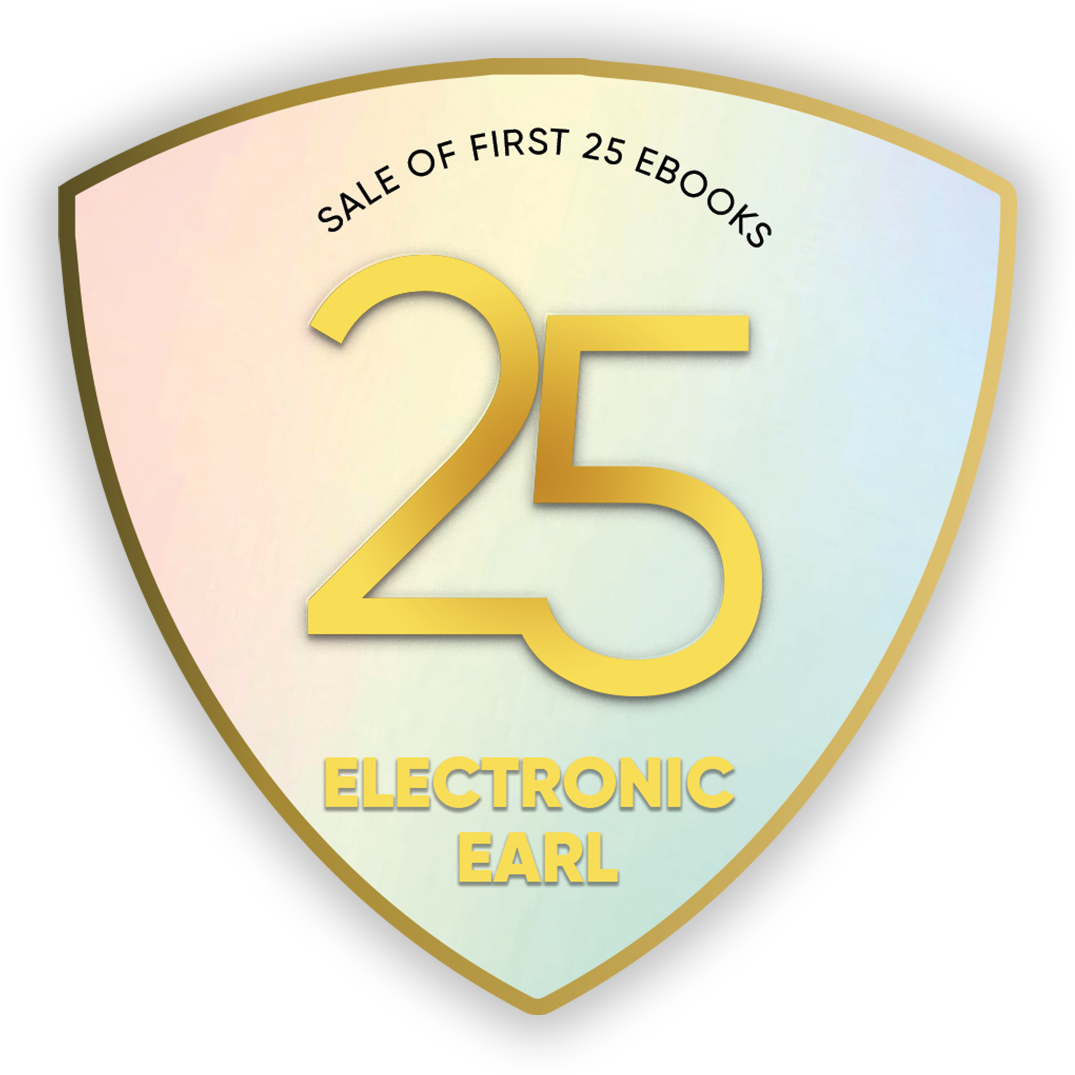
- Discover books
- For Writers
-
For Writers
-
Indie Author Championship
-
Challenges
Writing Contests
- Get Started

"It was a wonderful experience interacting with you and appreciate the way you have planned and executed the whole publication process within the agreed timelines.”
Subrat SaurabhAuthor of Kuch Woh Pal -
Ved Prakash Bhatia
Mr. Ved Bhatia, MBA (HRM) is a Life Member of the NIPM (National Institute of Personnel Management), Kolkata. HRD and research in Ethical Values have been his niche areas of interest. His maiden attempt in Ethical and Spiritual Values in Indian Scriptures has a welcome response with the salient comments and has since come out in International versions of E-book, Kindle, Paperback formats as well. Post-retirement from Group 'A' post in GOI, where he performed a full range of P& A functions.Mr. Bhatia has worked as a visiting management faculty to engineering and MBA students. Read More...
Mr. Ved Bhatia, MBA (HRM) is a Life Member of the NIPM (National Institute of Personnel Management), Kolkata. HRD and research in Ethical Values have been his niche areas of interest. His maiden attempt in Ethical and Spiritual Values in Indian Scriptures has a welcome response with the salient comments and has since come out in International versions of E-book, Kindle, Paperback formats as well. Post-retirement from Group 'A' post in GOI, where he performed a full range of P& A functions.Mr. Bhatia has worked as a visiting management faculty to engineering and MBA students. Many of his articles were published in the reputed International Vedic Science Journal (www.vedicscience.net). He has been one of the Founder members of the Sr. Citizen Forum, the Close South Nirvana, Gurugram and presently its Patron.
Read Less...Crop your profile image

The Upanishads Demystified
Books by Ved Prakash Bhatia
The Upanishads are a great mine of strength for leading a tension-free and peaceful life. Today, most of us feel a lot of turmoil and tensions due to an overemphasis by leading a materialistic style of living. Meditation (Upasana) and looking into our pure consciousness and the Divine sitting inside us, has been forgotten altogether. Hence,the need for 'going back to Upanishads' has become quite relevant to be imbibed.
There is also a growing u
The Upanishads are a great mine of strength for leading a tension-free and peaceful life. Today, most of us feel a lot of turmoil and tensions due to an overemphasis by leading a materialistic style of living. Meditation (Upasana) and looking into our pure consciousness and the Divine sitting inside us, has been forgotten altogether. Hence,the need for 'going back to Upanishads' has become quite relevant to be imbibed.
There is also a growing urge in us to realize your 'true self,' keenly feeling the need to make our knowledge flow into wisdom, and a yearning to know about the infinite and the eternal inspires us.
The Upanishads form the core of Indian philosophy - a fantastic collection of writings, aptly described by Shri Aurobindo as "the supreme work of the Indian mind". The Upanishads are summits of thought on humanity and the universe.
The Upanishads asks a man to cultivate righteousness (dharma) and to enjoy wealth (artha) and seek pleasures (kama), but with a sense of detachment. Meditation on OM and enquiry into our inner divine Self are some of the essentials of the Upanisads. Eleven Major Upanisads have been covered by Mr. Ved Bhatia in a lucid easy comprehensible style.
Ethical and Spiritual Values in Indian Scriptures
Books by Ved Prakash Bhatia
Indian culture has a rich spiritual heritage, deeply rooted in Dharma signifying ethical values. These ethos insist on understanding the nature of good, laying down practical means of attaining a life of perfection, with actual application of moral ideals. Ethical Values like truth, ahimsa were the core of social life in ancient India - demonstrated, endorsed and re-emphasized in various ancient Indian scriptures like the Vedas, Upanishads, Mahabharata, Bhagav
Indian culture has a rich spiritual heritage, deeply rooted in Dharma signifying ethical values. These ethos insist on understanding the nature of good, laying down practical means of attaining a life of perfection, with actual application of moral ideals. Ethical Values like truth, ahimsa were the core of social life in ancient India - demonstrated, endorsed and re-emphasized in various ancient Indian scriptures like the Vedas, Upanishads, Mahabharata, Bhagavad Gita, Manusmriti, etc.
This book consists of nine chapters portraying a treasure of ethical values and is an attempt by the author to highlight these jewels of ancient Indian heritage which have stood the test of times and can help our society at large and corporates in particular, for being imbibed , to lead a more contented life and better sustainable business.
Happy Reading.

Are you sure you want to close this?
You might lose all unsaved changes.
Select from one of our global stores to continue
 India
India
 Malaysia
Malaysia
 Singapore
Singapore
 UAE
UAE
Warning Message
The items in your Cart will be deleted, click ok to proceed.












